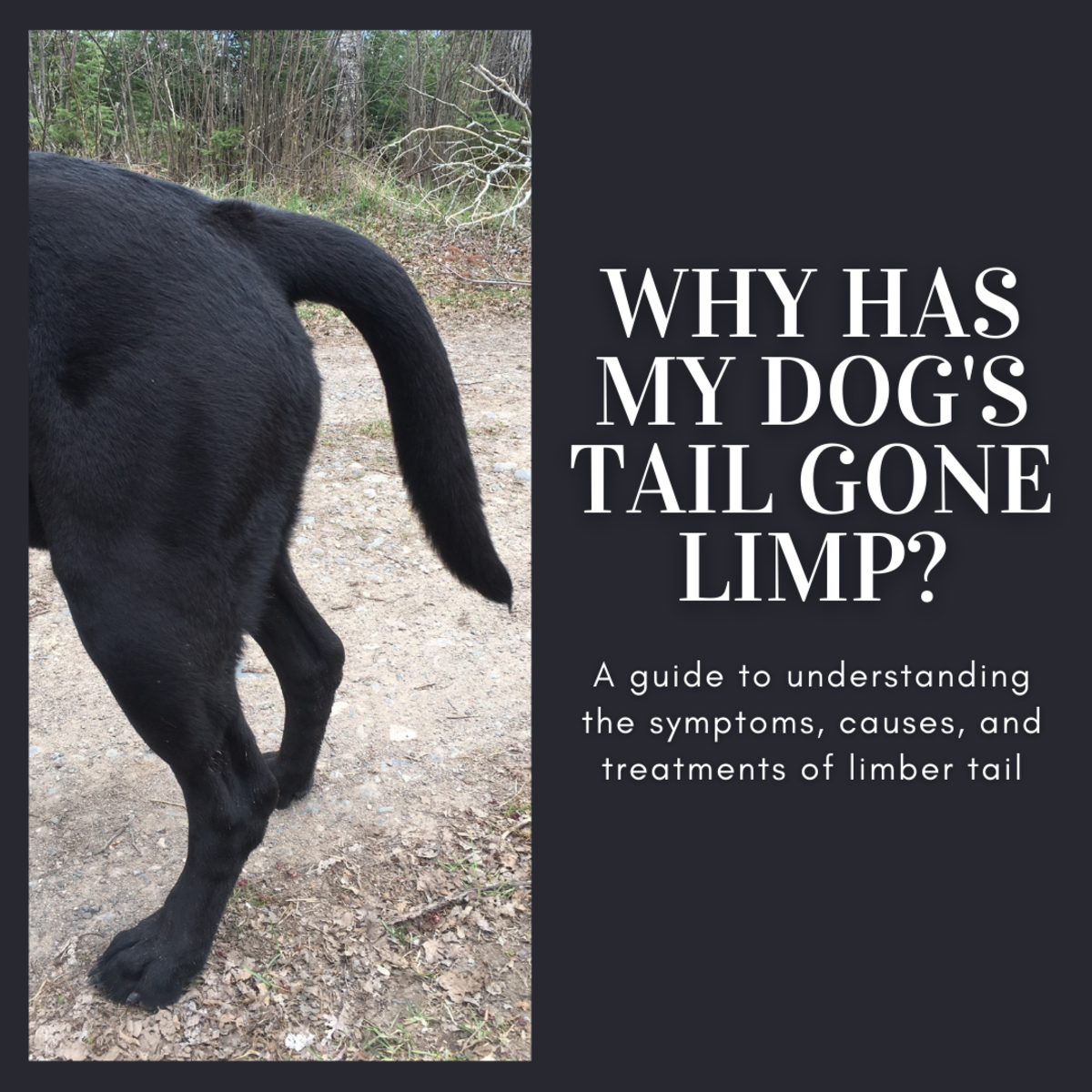How Long do Dogs Live?
Just as in humans, it is really impossible to come up with an exact figure for a dog's life expectancy. After all, a dog's life expectancy is generally a combination of genes, immunity, diet, over all physical conditions, environment and last but not least, owner care. An average life span can generally be made based on the average age most dogs of a certain breed reach, but of course, because life is uncertain no guarantees can be made.
Generally, the average lifespan of dogs is around 10- 12 years old with larger breed dogs living a little less and smaller breed dogs living a little more. The reason behind this is that larger breed dogs tend to put much more strain on their body, joints and cardio vascular system than smaller breed dogs.
Some of the longest living dog breeds reaching ages often nearing 18 years old are Chihuahuas, miniature Poodles and Dachshunds, whereas some of the shortest living breeds often averaging seven to ten years are Great Danes. Newfoundland and Irish Wolfhounds.
According to Petplace ,since the 1930's the life spans of dogs have increased significantly from an average of seven years old to an average of 12. That's about an increase of 70%!
One important factor as well to consider is that the golden rule of considering one dog year the equivalent of 7 human years is not an accurate equation. Generally, dogs go through their puppy growing stage from birth to about 8 months old, while their adolescent years begin between eight months to two years. Then, between the age of two and five most dogs go through their adult stage. From age five to age eight most dogs go through their middle ages, and finally, most dogs will be considered senior beyond age eight, with a 10 year old dog being the equivalent of a 60 year old.
Signs of a dog growing old may be various. Typically their hair will grow gray, their eyes will appear less bright, their joints will tend to ache and they may become more lethargic. Some may become finicky eaters as well as they age.
While there is really nothing that can be done to stop the clock, owners may do a lot when it comes down to preventing deteriorating diseases and conditions or at least providing supportive care when feasible. Most veterinarians recommend twice a year geriatric checkups that involve blood work test to ensure most bodily functions are working fine.
Senior dogs with arthritis may be helped by providing a nice warm bed for the winter, prescription pain meds when the pain is acute, supplements to help the joints and ramps to help the dog climb up the car. Finicky eaters may be enticed to eat by adding some warm broth (with no garlic or onion) to their kibble which will soften the food for their teeth and make it more appetible. Blind or deaf dogs may still lead a good quality of life.
As seen, dogs unfortunately do not live as long as we would like. While the clock cannot be stopped ticking ,as owners, at least we can make sure that our pets endure the most positive moments in life during their brief passage with us. Because dogs live in the present, they surely do not feel the passage of time as we do, but they definetly are able to appreciate the present moment.
Rottweiler's general life span is 10 years










